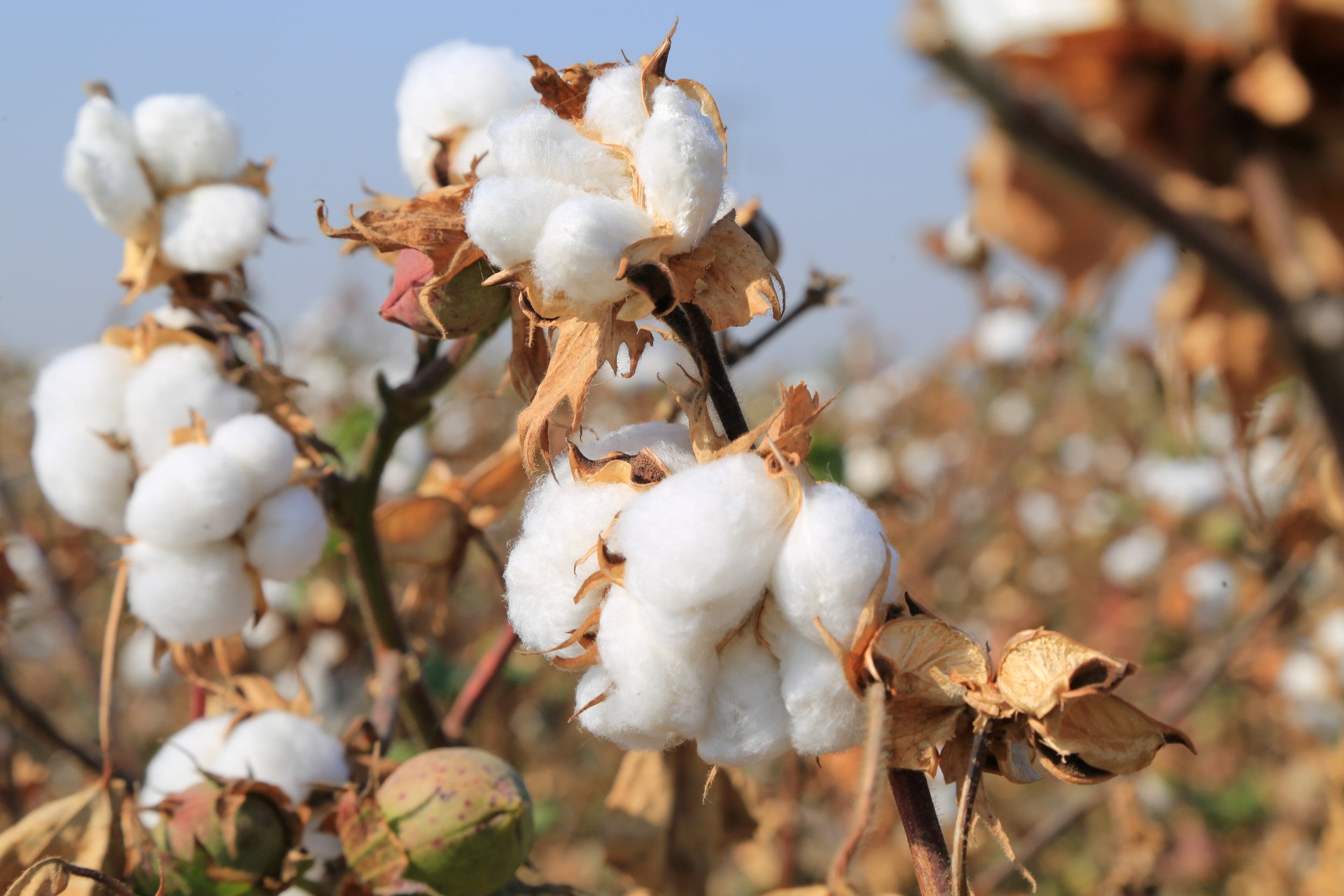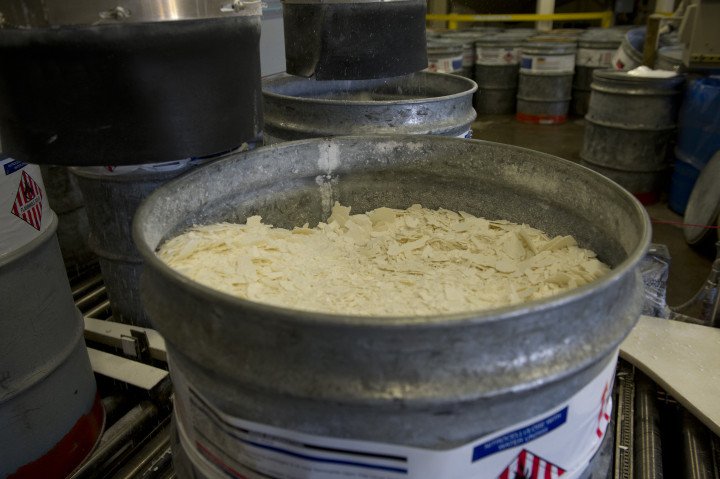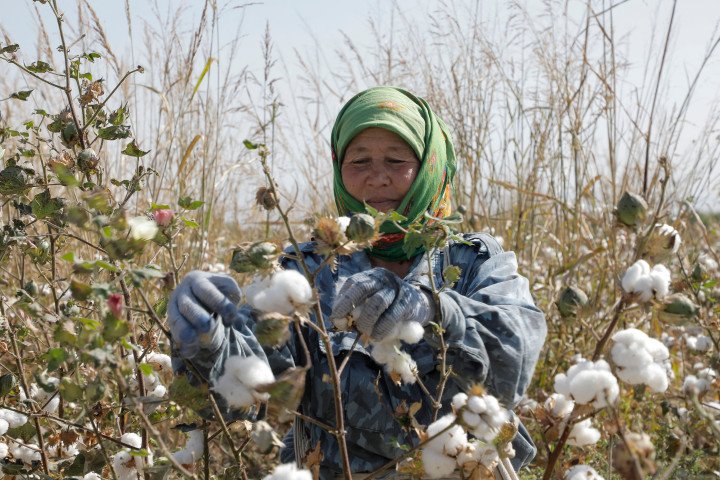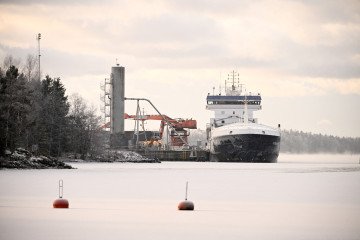- Category
- World
Killer Cotton: How a UK-Uzbek Tycoon Arms Russian Missiles With a Simple Key Ingredient

Russia’s missiles may strike with steel and fire, but their power starts with cotton. A recently sanctioned dual UK-Uzbekistani tycoon is at the heart of a hidden supply chain turning cotton pulp into deadly firepower.
Ukrainian forces successfully struck Russia’s Tambov Gunpowder Plant on June 11, the Ukrainian General Staff confirmed on Facebook. This is not the first time Tambov has been targeted; Ukraine also struck the plant in May 2025, July 2024, and November 2023.
Russia has ten gunpowder plants, which are vital to its military-industrial complex. Tambov produces over 200 types of military-grade materials, including propellants for firearms, grenades, artillery shells, and mortar rounds.
The plant specialises in nitrocellulose-based smokeless powders derived from cotton pulp. In May 2025, Russia’s key supplier was sanctioned.
Why is cotton essential to Russia’s missile production?
Cotton pulp, often referred to as "white gold," plays a crucial role in Central Asian economies, particularly those of Uzbekistan and Kazakhstan.
Over the last decade, the two nations have supplied over 98% of Russia’s imported cotton pulp, and seriously ramped up exports since Russia’s invasion of Ukraine, according to the Organised Crime and Corruption Reporting Project (OCCRP)
In 2022, all of Kazakhstan's cotton pulp exports went to Russia. Kazakh companies claim to sell cellulose to companies for paint and varnish production. However, certificates issued by the Ministry of Agriculture of Kazakhstan, according to Istories show that in both 2022 and 2023, cellulose exports went to Russian gunpowder factories.

Cotton pulp is turned into nitrocellulose through a process called nitration, the key component of Russia's military industrial complex and the final product used in missiles.
“They [Russia] can’t shoot without cotton”, US news program PBS NewsHour reported.
Andriy Chernyak, who works for Ukraine’s Defense Intelligence Services, says that all the missiles and drones used to strike Ukraine are made with nitrocellulose.
The US has been putting pressure on Uzbekistan to halt its supply of cotton pulp to Russia, to hamper its ability to produce weaponry used to wage war in Ukraine.
We know that pressure has also been applied in the Central Asia region, but somehow I don’t see everyone getting down on their knees to blindly follow directives from across the ocean.
Vladimir Putin, May 2024
Russia’s leader
A logistics warehouse in Uzbekistan exploded in September 2023, killing one teenager, injuring 163, and damaging 600 Tashkent residences. The explosion, which could be felt from 18 miles away, was caused by nitrocellulose, journalist Simon Ostrovsky reported.
Agiya Zagrebelska, who writes sanctions policy for Ukraine, told Ostrovsky that the factory was preparing for shipment to Russia, but Uzbekistan considered halting the shipment to Russia due to US pressure. She says that Russia likely sabotaged the factory, due to its fear that Uzbekistan may ship the cotton to the West instead.
The tycoon behind Russia’s cotton Supply
Ukraine sanctioned Rustam Muminov, a Uzbekistani national with British dual citizenship, and his two companies, Mercury Renaissance and its subsidiary, Fargona Kimyo Zavodi.
Muminov “controls about 85% of Uzbekistan’s cotton pulp exports to Russia,” a key component of nitrocellulose, the same material used in the Tambov Plant to produce explosives for Russia’s weapons.

Since Russia’s full-scale invasion of Ukraine, Muminov’s factories have supplied over $170 million worth of cellulose to fuel Russia’s war machine, according to investigators.
Fargona Kimyo Zavodi mainly sells to three Russian companies: Bina Group, Khimtrade, and Lenahim, according to the Istories investigation. They produce and supply chemical products for various industries.
These companies have various clients, including some of the largest sanctioned plants in Russia: the Kazan Gunpowder Plant, the Nizhny Novgorod Sverdlov Plant, the Perm Gunpowder Plant, and the Aleksin Chemical Plant.
“The Kazan Gunpowder Plant is one of the backbone enterprises of Russia’s military-industrial complex,” Andrii Kovalenko of the Center for Countering Disinformation (CCD) said. In December 2024, Ukraine launched a drone attack against the state-owned Kazan Gunpowder Plant.
Ukrainian forces struck the Nizhny Novgorod Sverdlov Plant both in October 2024 and April 2025. In March 2025, the Perm Gunpowder Plant, which manufactures components for sea-based cruise missiles and air-to-surface anti-ship missiles, caught fire, with explosions reportedly heard.
Ukrainian forces also launched a drone attack against the Aleksin Chemical plant in November 2024
Muminov’s factories likely sold to the Russian companies in a bid to circumvent sanctions and evade accountability in directly assisting Russia’s war efforts.
However, Muminov’s plants also made direct deliveries to Russia’s gunpowder plants. In 2022, the Kazan Gunpowder Plant bought more than $2 million worth of cellulose, according to Istories. Raw Materials Cellulose, another company that Muminov owned until 2024, also directly sold cellulose to the Tambov Gunpowder Plant in 2022, for almost $0.5 million.
Muminov has built a significant business empire in cotton pulp. His network plays a crucial role in enabling Russia’s defense industry, despite ongoing international sanctions and trade restrictions. As Russia’s need for materials to wage war in Ukraine continues, factories in Uzbekistan remain a significant part of the supply chain.
-46f6afa2f66d31ff3df8ea1a8f5524ec.jpg)

-605be766de04ba3d21b67fb76a76786a.jpg)
-2c683d1619a06f3b17d6ca7dd11ad5a1.jpg)


-661026077d315e894438b00c805411f4.jpg)